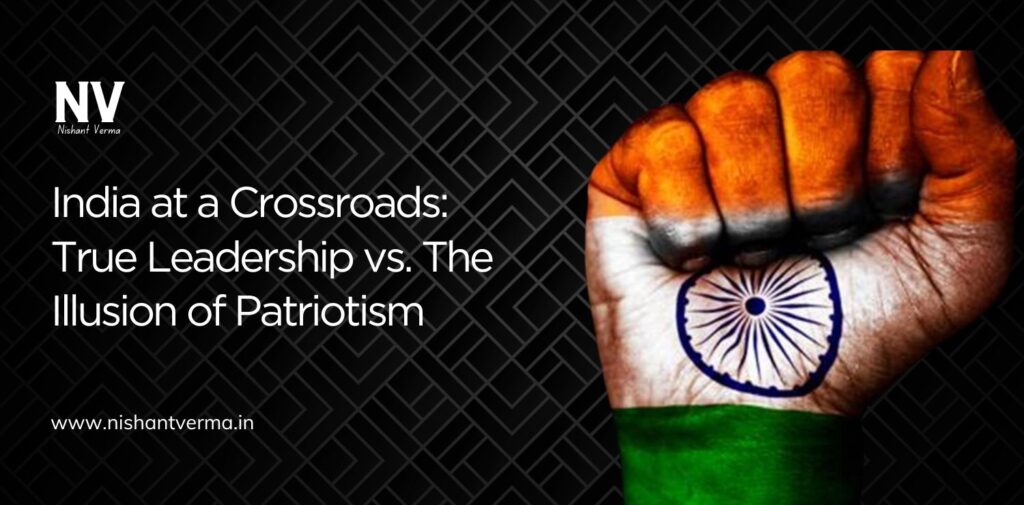India stands today as a nation with a rich history, diverse culture, and a growing global influence. As we reflect on our country’s journey, it becomes crucial to distinguish between true leadership and illusuin of patriotism ,those who have genuinely contributed to India’s progress and those who merely claim to lead while serving their self-interests. This Independence Day, we must take a hard look at what true leadership means and confront the reality that not all who proclaim themselves as leaders have the nation’s best interests at heart.
Real Leaders, Real Results: The Legacy of True Patriots
India has been blessed with leaders who have not only envisioned a prosperous future for the country but have also laid down the groundwork to achieve it. Sardar Vallabhbhai Patel, known as the Iron Man of India, is a prime example of such leadership. Patel’s determination to unify the princely states into a single, sovereign nation was a monumental task that he accomplished with unwavering resolve. His efforts laid the foundation for the united and strong India we see today. Patel’s legacy is a testament to what true leadership looks like—a leader who worked tirelessly for the nation without any personal agenda.
In contrast, the political landscape in India has often been marred by leaders who claim to serve the country but are more interested in preserving their power and wealth. These so-called leaders have often used the guise of patriotism to push their agendas while engaging in corruption and nepotism. The stark difference between leaders like Patel and those who have exploited their positions for personal gain is a reality that every Indian must confront.
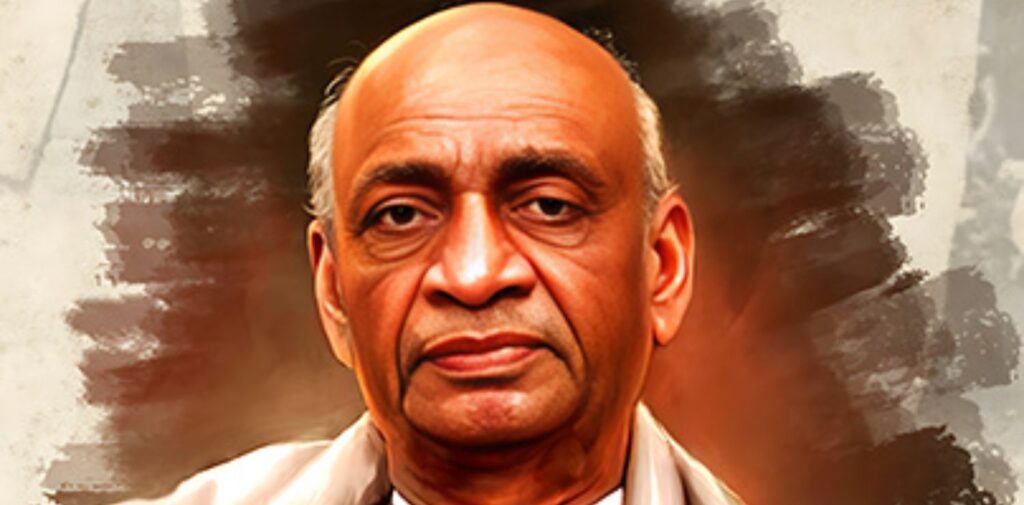
A Vision for Modern India: The Path Forward
Under the leadership of Prime Minister Narendra Modi, India has seen a resurgence in both national pride and global stature. Modi’s governance has been marked by significant reforms, such as the implementation of the Goods and Services Tax (GST), which streamlined India’s complex tax system, and the Digital India initiative, which aims to transform the country into a digitally empowered society. Modi’s vision for a self-reliant India, encapsulated in the Atmanirbhar Bharat campaign, has resonated with millions of Indians who aspire to see their country emerge as a global leader.
However, Modi’s approach to governance has also exposed the failings of previous administrations that were often riddled with corruption, inefficiency, and a lack of vision. While Modi has focused on long-term structural changes, many of his predecessors were content with maintaining the status quo, often at the expense of the nation’s progress. The contrast is clear: true leaders work for the betterment of the nation, while others are more concerned with maintaining their political dynasties and personal fortunes.
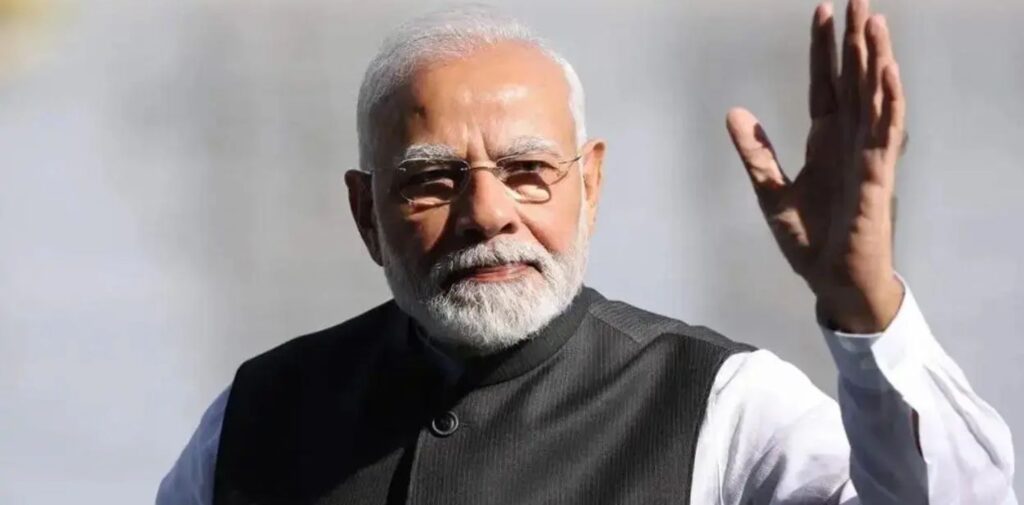
Cultural Revival and Development: A Balanced Approach
Yogi Adityanath, the Chief Minister of Uttar Pradesh, exemplifies the balance between cultural preservation and modernization. His administration has made significant strides in improving infrastructure, law and order, and investment in the state, all while promoting India’s rich cultural heritage. Yogi’s efforts to restore and promote ancient cultural and religious sites have not only attracted tourism but have also instilled a sense of pride among the people of Uttar Pradesh.
In stark contrast, many political leaders have used cultural rhetoric to divide rather than unite. They claim to protect India’s heritage while engaging in corrupt practices that undermine the very values they profess to uphold. Yogi’s leadership highlights the difference between those who truly serve the nation’s interests and those who use culture as a tool for political gain.
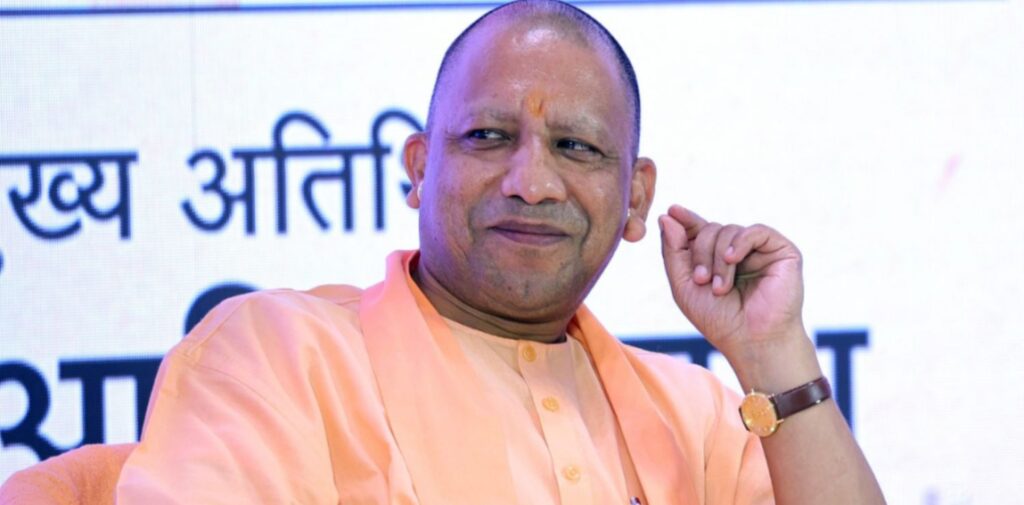
Simplicity and Integrity: A Vanishing Virtue
Lal Bahadur Shastri, India’s second Prime Minister, is remembered for his simplicity, humility, and unwavering integrity. Shastri’s leadership during the Indo-Pak war of 1965 showcased his courage and dedication to the nation. His slogan “Jai Jawan Jai Kisan” emphasized the importance of both soldiers and farmers, two pillars of India’s strength.
Shastri’s example stands in stark contrast to the political opportunists who have followed. Many leaders today are more concerned with their image and wealth than with serving the people. Shastri’s life reminds us that true leadership is not about personal gain but about serving the nation with honesty and dedication. Unfortunately, the political arena today is filled with leaders who are more interested in power than in the well-being of the country.
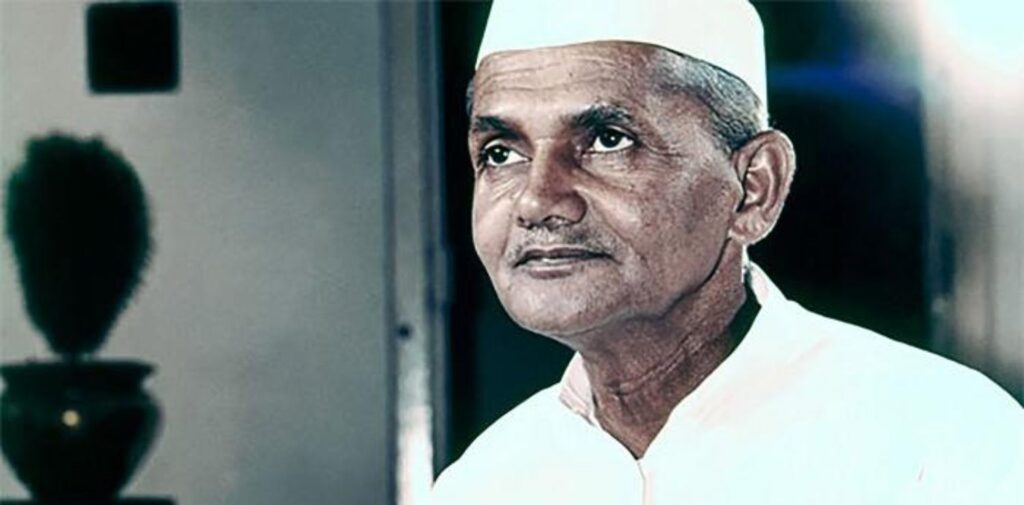
The Statesman’s Touch: A Lesson in Diplomacy
Atal Bihari Vajpayee, one of India’s most respected Prime Ministers, was a leader who combined political acumen with a deep sense of humanity. Vajpayee’s tenure saw significant achievements such as the Pokhran nuclear tests and the implementation of the Golden Quadrilateral project, which revolutionized India’s infrastructure. Vajpayee’s ability to build consensus and his inclusive approach to governance made him a leader respected across party lines.
In contrast, the current political climate is often characterized by divisiveness and a lack of statesmanship. Leaders today are quick to engage in partisan politics, often at the expense of national unity and progress. Vajpayee’s legacy serves as a reminder that true leadership requires the ability to rise above party politics and work for the greater good of the nation.
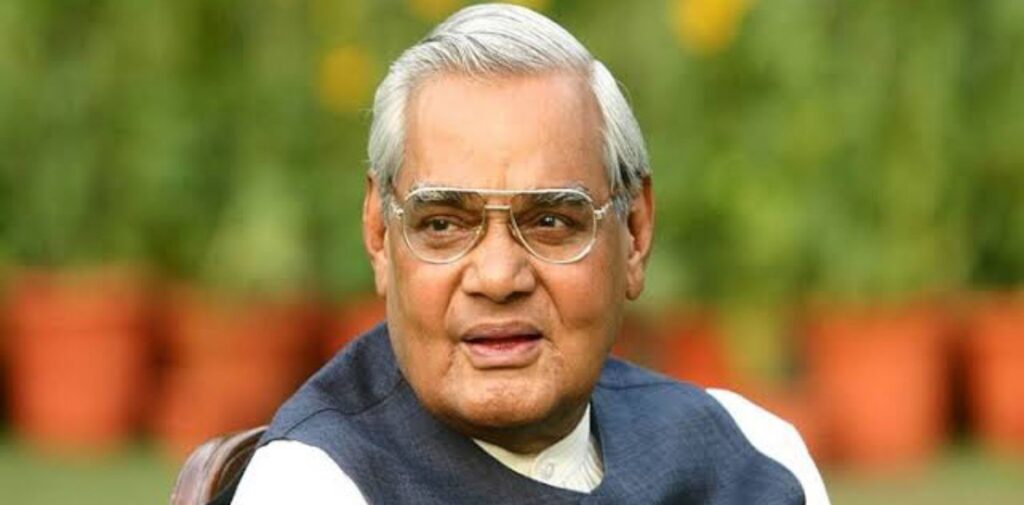
Innovation and Inspiration: The True Spirit of Leadership
Dr. APJ Abdul Kalam, fondly known as the “People’s President,” was a leader who inspired millions with his vision for India’s future. As a scientist and President, Dr. Kalam played a crucial role in advancing India’s space and missile programs, making the nation a formidable power in the global arena. His leadership was marked by a focus on innovation, education, and national development.
Dr. Kalam’s life stands in stark contrast to those leaders who have exploited their positions for personal gain. While Dr. Kalam dedicated his life to the service of the nation, many of today’s politicians are more concerned with their own wealth and power. Dr. Kalam’s legacy is a reminder that true leadership is about selfless service and a commitment to the nation’s progress.
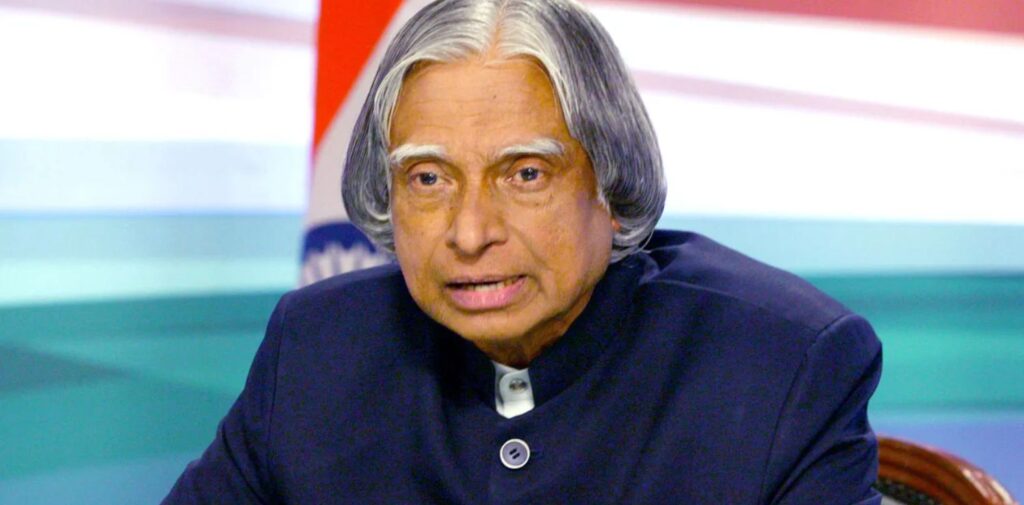
The Reality Check: Exposing the Illusion of Patriotism
As we celebrate these exemplary leaders, it is essential to recognize the stark contrast between them and those who merely claim to lead while serving their self-interests. The reality is that India’s political landscape has often been dominated by leaders who prioritize personal gain over public service. These so-called leaders, who claim to represent the people, have often engaged in corrupt practices that have hindered the nation’s progress.
Leaders like Sardar Vallabhbhai Patel, Narendra Modi, Yogi Adityanath, Lal Bahadur Shastri, Atal Bihari Vajpayee, and Dr. APJ Abdul Kalam represent the ideals of true leadership. They have worked tirelessly for the betterment of the nation, often at great personal sacrifice. In contrast, many of those who claim to be leaders are more concerned with preserving their political dynasties and accumulating wealth.
On this Independence Day, it is crucial for every Indian to recognize the difference between true leaders and those who merely claim to lead. True leadership is about serving the nation with integrity, vision, and dedication. It is about making decisions that benefit the country, even when those decisions are difficult or unpopular
True Leadership for a Brighter Future
India’s future depends on the leaders we choose to follow and the values we uphold. As we look back on the contributions of true leaders like Sardar Vallabhbhai Patel, Narendra Modi, Yogi Adityanath, Lal Bahadur Shastri, Atal Bihari Vajpayee, and Dr. APJ Abdul Kalam, we are reminded of the qualities that define true leadership: integrity, vision, dedication, and a deep commitment to the nation’s welfare.
As we celebrate Independence Day, let us not only honor the legacy of these great leaders but also commit ourselves to upholding the values they embodied. India deserves leaders who prioritize the nation’s interests over their own, who serve with integrity, and who work tirelessly for the betterment of all its citizens. The path to a brighter future lies in embracing the legacy of true leadership and rejecting the corrupt practices that have held us back.
This Independence Day, let us celebrate not just the freedom we have achieved, but also the leaders who have ensured that this freedom translates into progress, prosperity, and national pride. Let us ensure that India’s future is shaped by leaders who are committed to its progress, who inspire with their vision, and who lead with integrity. The nation’s future depends on it.

